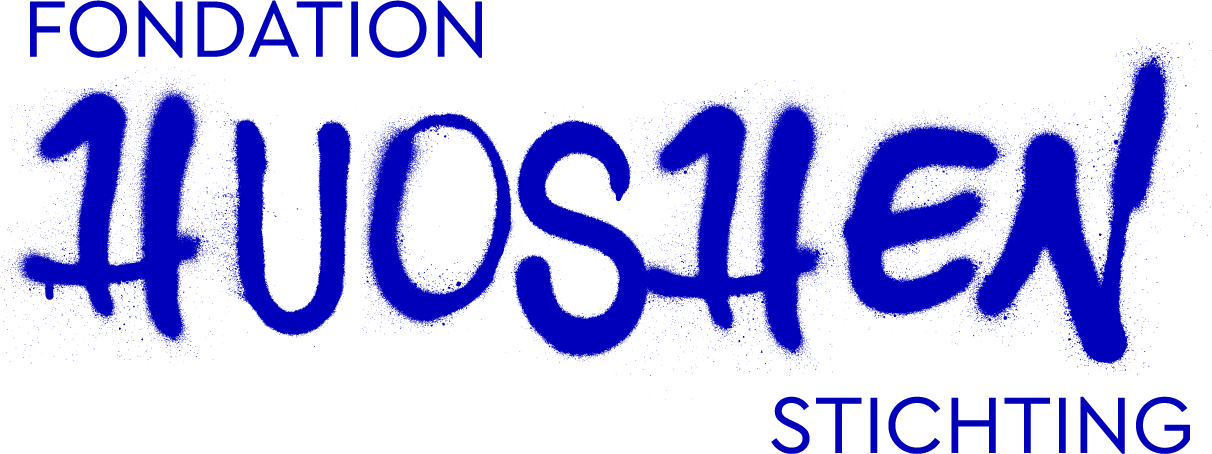Self-confidence
One of the pillars of body-based work, is increasing self-confidence. Understanding the personal physical and mental limitations, the own body language, and also the own strengths (through ‘standing strong’, experiencing breath power, focus, and a group feeling …) and abilities, coupled with the positive experience in a safe environment, endows young people with more confidence.
So what you do is scanning your body, but above all, learning to feel boundaries in your body, and feel what your body, your constitution, which are very personal, can handle. And that may be something completely different than the guy next door of the same age and size. So not like “Who can do it better than me while I have a lot more practice” or “What can I do ?”, but rather of “How do I do it best?”. Everyone has a different physical and personal constitution, so comparing with others has no use in circus. Once they have learned and even more experienced this, they take this insight with them outside the circus. And consequently their confidence grows as well. (trainer circus techniques)
I’m sure that there are many who come into contact with their own strengths, weaknesses, and character traits, and who in their own way deal with these insights. Sometimes I can observe it, and with others I talk about it. Some also say it literally, for example, “I want to be stronger (inside).” They tell me that, and so in a way they really ask my help because they do not know how they should become stronger. And that starts with more confidence. (boxing trainer)
From this self-confidence, young people learn to treat themselves, but also others, with more mildness. They react less from a feeling of pressure, or feeling attacked, angry, uncertain, wronged …
Thanks, I learned so much, and you’re right, I’m OK, I’m just the best version of myself, and OK I have my lesser edges, and I can work at this, but I do not have to judge myself for it. (From an email from a 15-year-old girl to her yoga teacher)



